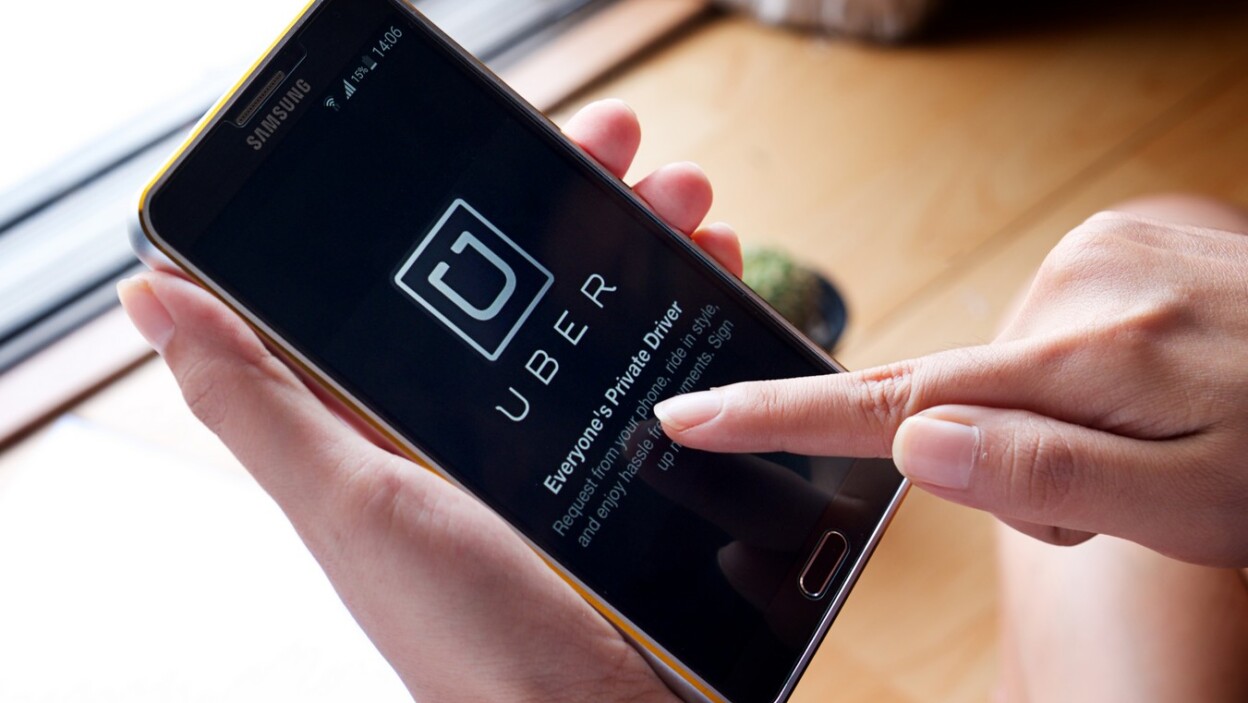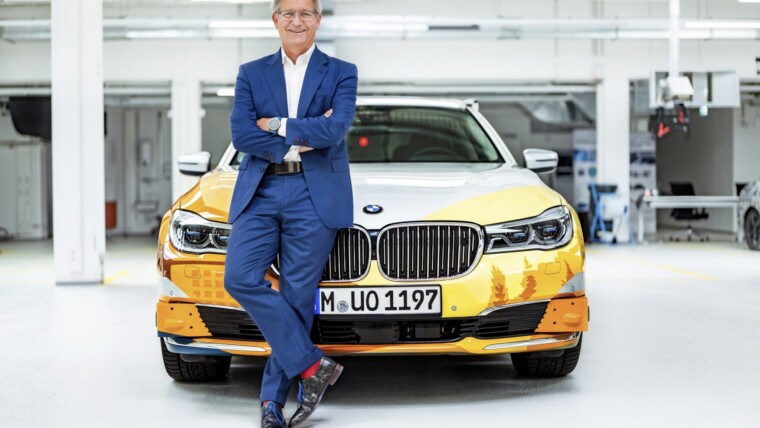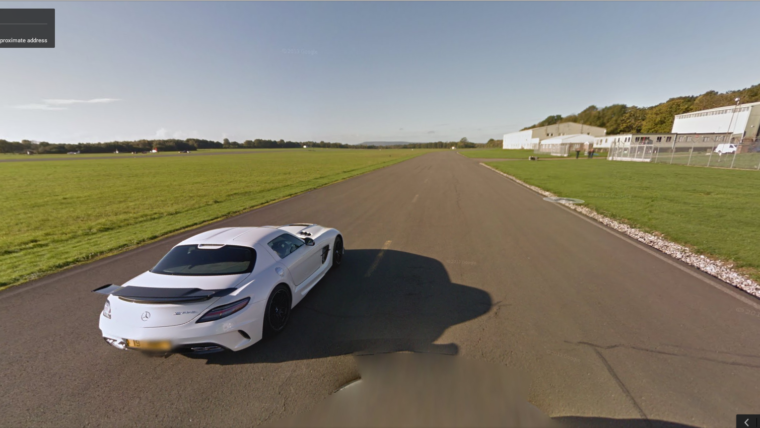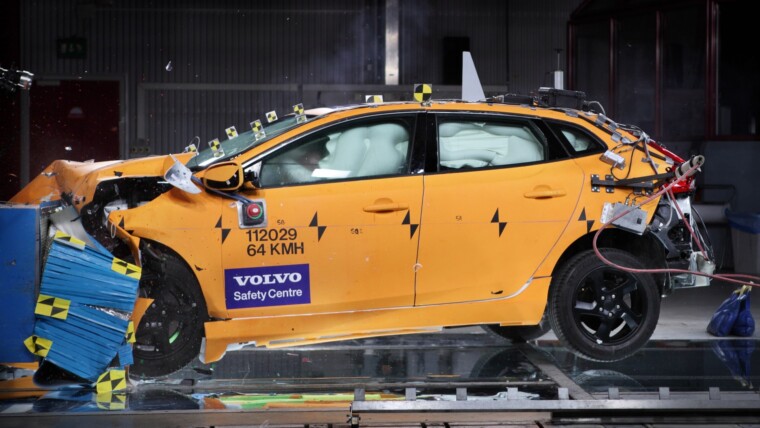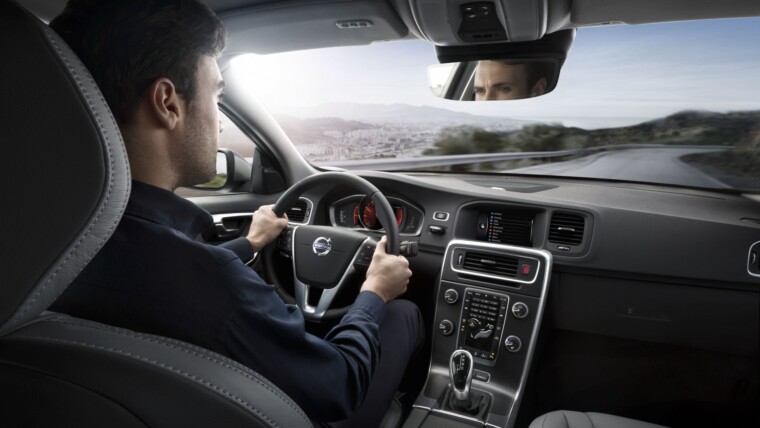Imagine if the people in cities do not own cars. They would rely on public transport in order to get around. Still, last mile transportation hasn’t been completely solved so car ownership becomes a necessity. Uber, on the other hand, wants to build a future where people owning cars an optional.
In a blog post, Dara Khosrowshahi explains Uber’s strategy, being the mobility company in which it empowers people in cities. Not only betting their bets on ridesharing, Uber is starting to branch out further. Firstly it acquired bike-sharing startup, Jump. Bike sharing seems more viable in places where the weather is great to cycle in compared to here in Malaysia where both the weather, poor roads and vandalism have left a chaos of ride-sharing bikes littered across the area.
Next, Uber has Uber Eats which is a good delivery service which brings the convenience of food delivered to your doorstep. After that, there is Uber Rent, a place for people to rent cars to get to places where convenience may not necessarily reach and many more areas (e.g. UberPool, a partnership with Masabi which provides ticketing services for public transport).
All in all, if traffic is reduced thanks to less and fewer people driving into cities, all of these services benefit greatly from it. It would take a faster time for UberEats to deliver your food, faster for you to get across town with an UberX or safer for you to ride around in a JUMP bike-sharing bicycle. The future looks promising indeed but that doesn’t look too similar here as Grab has acquired Uber’s stake in South East Asia whose future plans seemed to be focused on payments instead.
Other posts by Mark Leo

